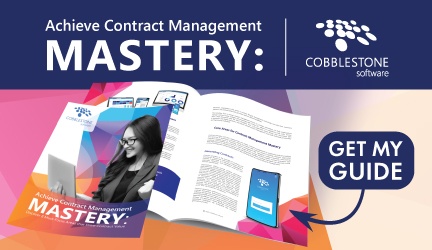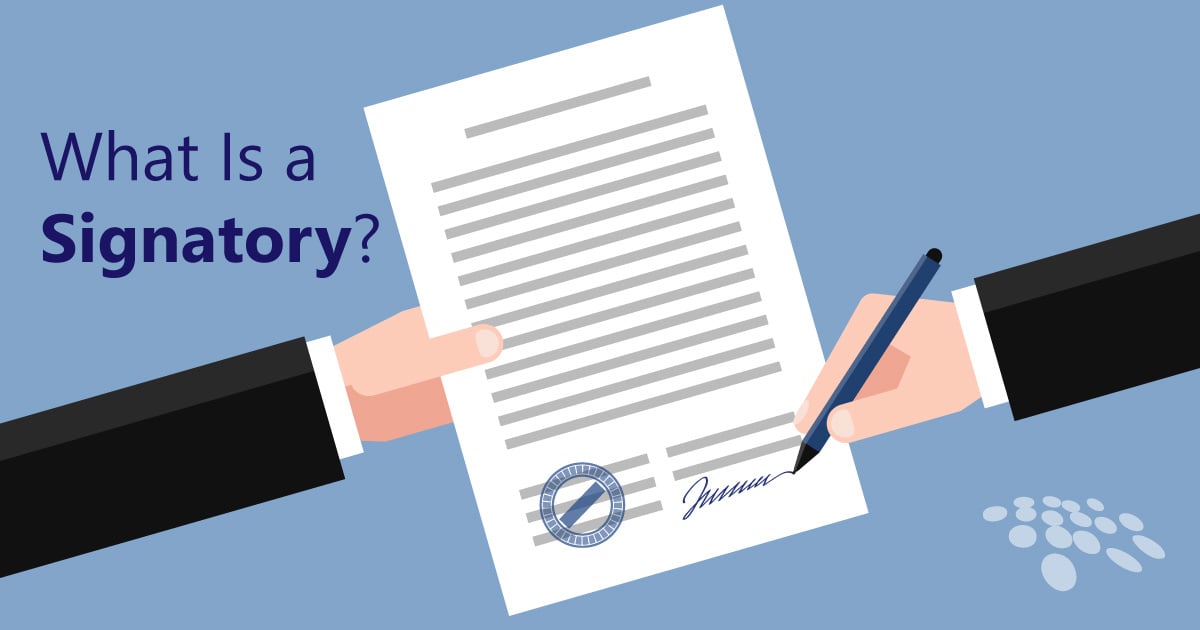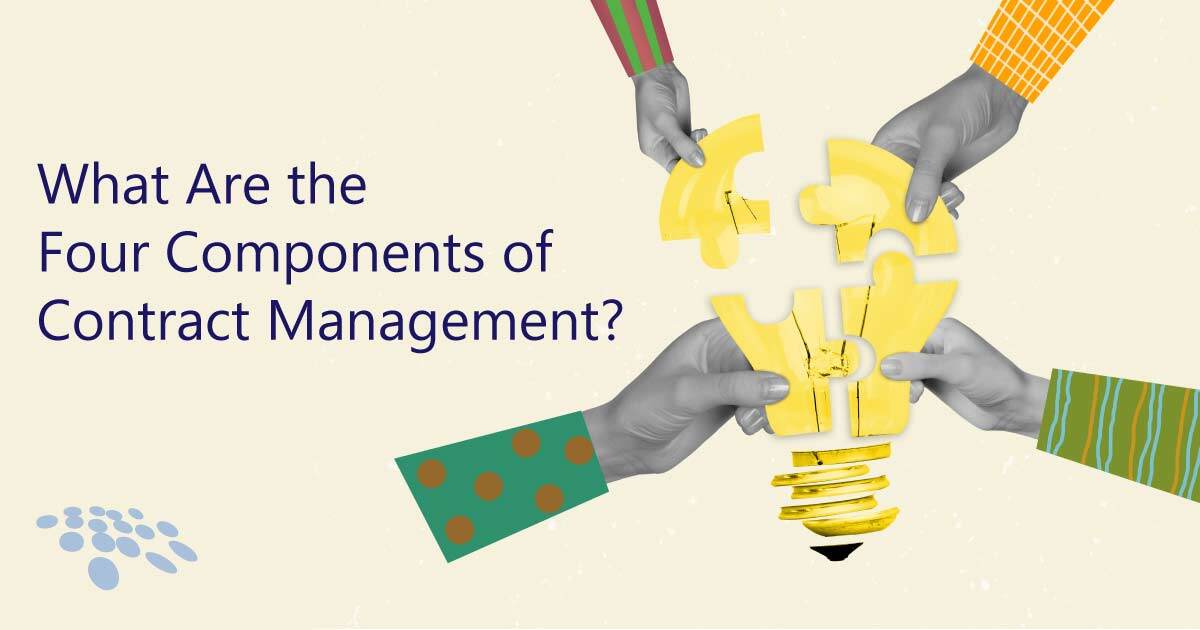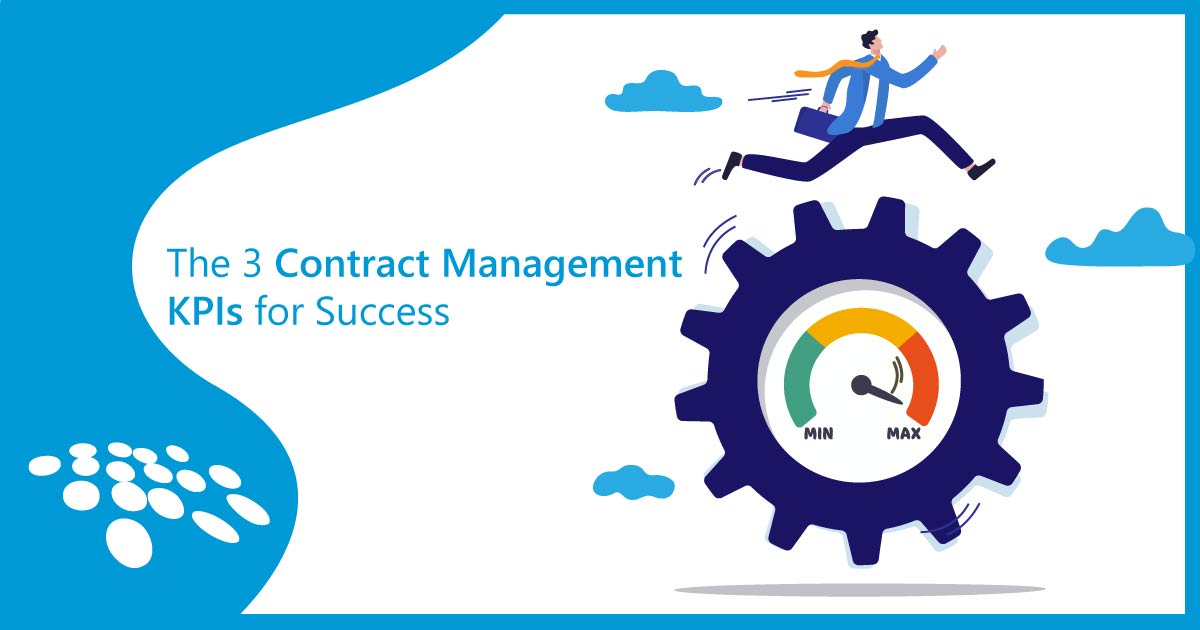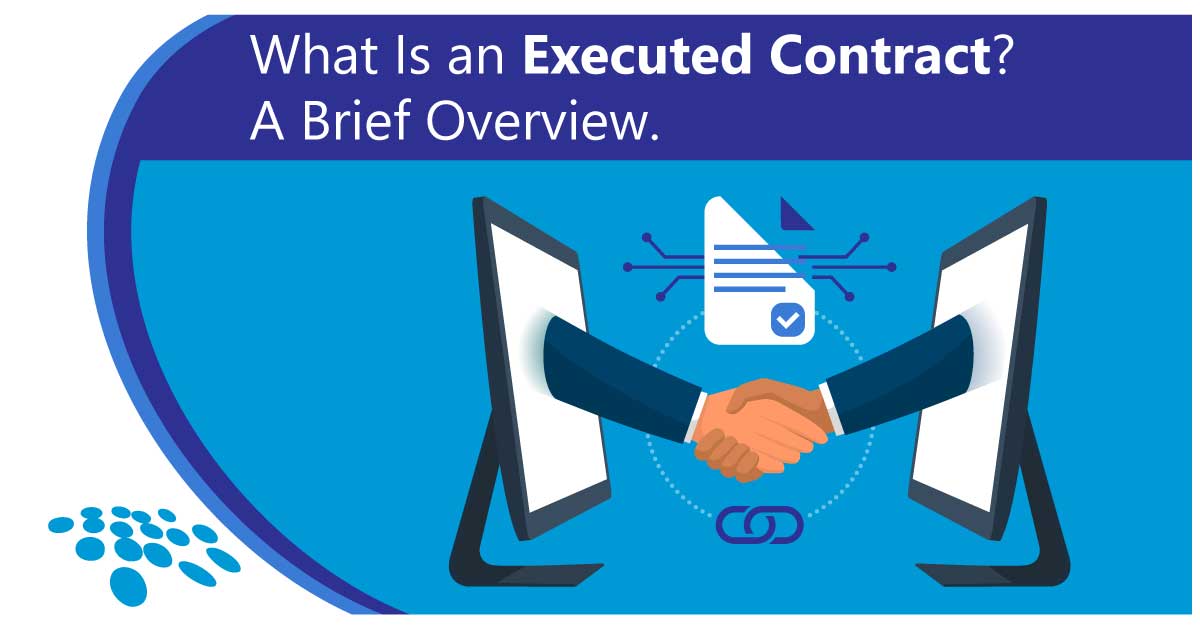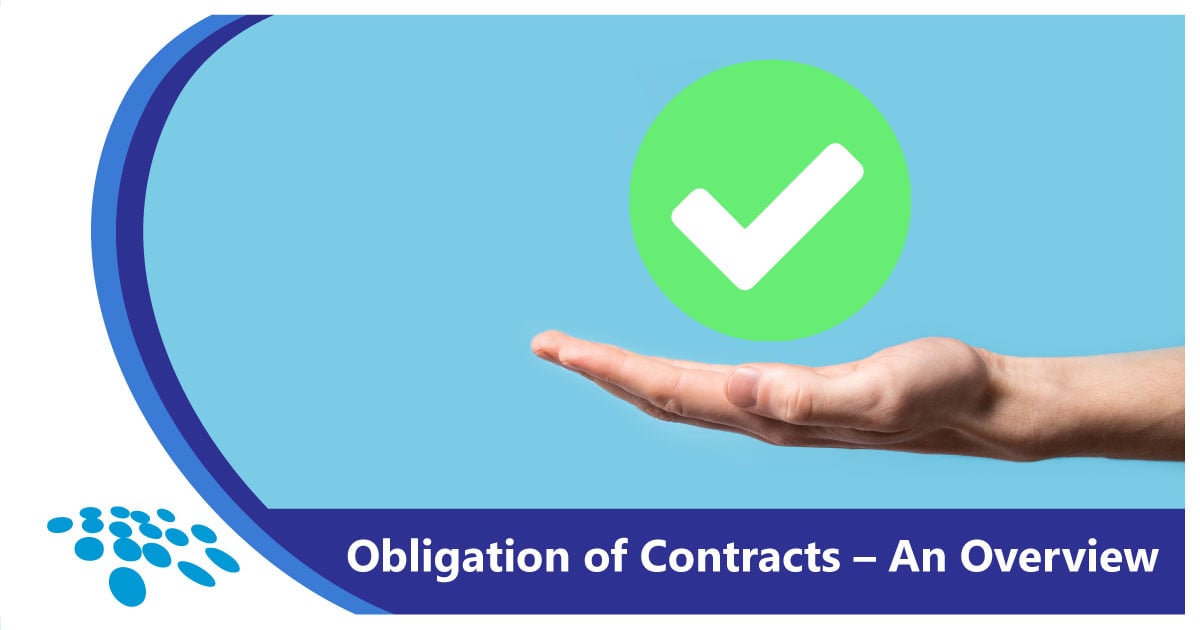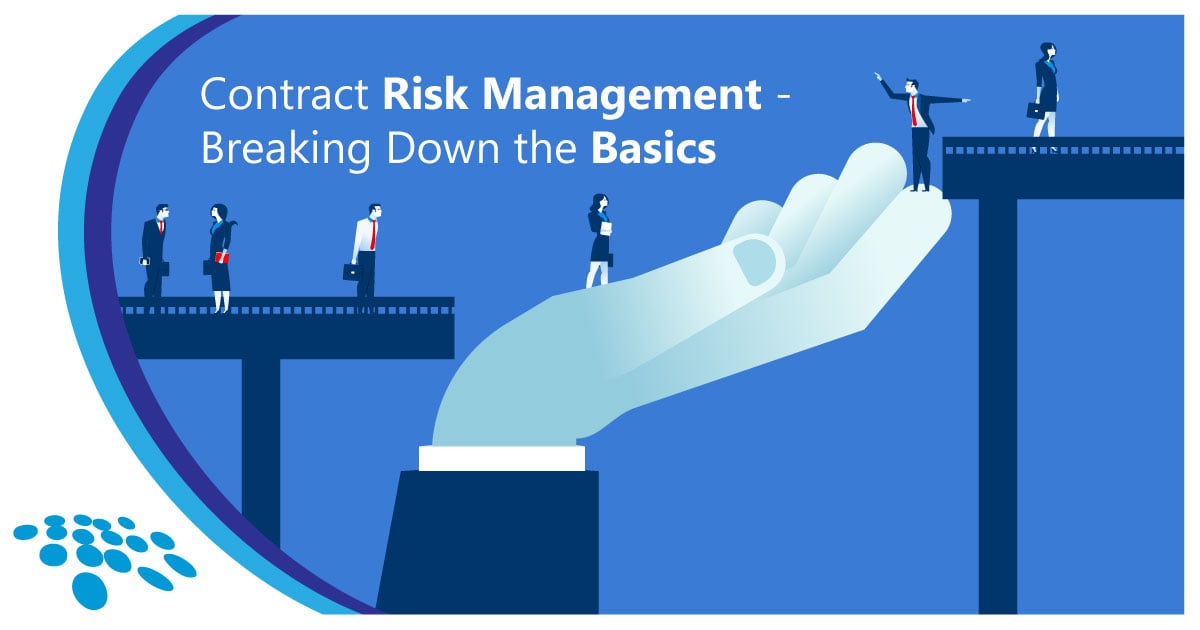
In today's dynamic business landscape, contracts form the bedrock of many business relationships – from vendor partnerships to employee agreements. Orchestrating this dance of documents and legalese is the contract manager. As businesses strive for efficiency while navigating intricate legal contract terms and conditions, the importance of understanding the duties of a contract manager cannot be overstated. This blog dives deep into contract manager roles and responsibilities, the journey to becoming a good one, and the tools that empower successful contract administration.
Contract Manager Job Description
A contract manager description would define the role as one that intertwines legal department processes with a legal team's overall business goals. The role is that of a custodian of an organization's legal documents, ensuring contracts reflect the company's best interests while adhering to all regulatory requirements.
A Closer Look at Contract Manager Responsibilities
1. Drafting and Reviewing Contracts: Beyond merely crafting legal documents, those with experience in contract management ensure they are tailored to specific types of contracts, reducing ambiguities and potential disputes.
2. Contract Negotiations: Acting as the bridge between internal stakeholders and external parties, they are responsible for negotiating contracts that are favorable and align with the company's strategic goals.
3. Compliance and Monitoring: Ensuring that every department adheres to the stipulated terms once a contract is active, they monitor its progress and manage potential breaches or changes. Additionally, they ensure they execute contracts that align with regulatory compliance.
4. Risk Assessment: A proactive approach to foreseeing potential risks, they devise strategies for mitigation. To mitigate risks effectively, contract managers often leverage a risk assessment matrix, among other risk management tools.
5. Collaboration: One of the vital contract management duties is ensuring that all departments, from legal to finance, are synchronized in their contractual obligations and understand the implications of every agreement.
The Pathway to Becoming a Contract Manager
1. Educational Foundations: While a bachelor's degree is one of the baseline qualifications, many bolster their contract administration skills with degrees in law, business administration, or related fields.
2. Gaining Experience: Theoretical knowledge needs to be complemented with hands-on contract management process experience. This involves exposure across the spectrum – from drafting and negotiation to implementation and dispute resolution.
3. Skill Development: Mastery in communication, analytical thinking, project management, and keen attention to detail is crucial. Moreover, staying abreast with industry-specific regulations and emerging global standards can give an edge.
4. Certifications and Continuous Learning: Certifications like the Certified Commercial Contracts Manager (CCCM) or Certified Federal Contracts Manager (CFCM) lend credibility and demonstrate commitment to the profession. Continuous learning through workshops, seminars, and courses remains paramount to staying updated.
Diverse Roles Within Contract Lifecycle Management
With the complexity of modern businesses, contract lifecycle management has spawned specialized roles:
1. Commercial Contracts Manager: Focusing on business-centric contracts, they try to ensure the economic viability and sustainability of partnerships, vendor relationships, and customer agreements.
2. Contract Operations Manager: Emphasizing the logistical and operational aspects, they try to ensure contracts are implemented seamlessly and effectively.
3. Procurement Contract Administrator: They manage vendor contracts and attempt to ensure that products and services are procured and delivered as promised.
Additionally, there are specialized contract process experts for a variety of industries, such as government, education, healthcare, pharmaceuticals, and almost countless others.
The Rising Importance of Contract Lifecycle Management Software
In an age of digital transformation, relying solely on traditional methods for contract management can lead to inefficiencies. This is where contract management software comes into play, streamlining and enhancing various processes.
Key advantages of contract lifecycle management software include:
1. Intelligent Workflow Automation: Enjoy automated reminders, tasks, renewals, and more both in-system and via email - reducing stress and virtually ensuring delivery and accountability.
2. Contract Analytics: Advanced contract software solutions provide contract management dashboards and reports for contract process data trends at a glance.
3. Centralized Repository: With a unified contract repository, departments can collaboratively access, review, and work on contracts, fostering enhanced teamwork. Users can search with advanced filtering options down to the keyword and term level.
4. Data-Driven Insights: Real-time data provides actionable insights, aiding businesses in making informed contract-related decisions. Advanced contract solutions support contract AI with machine learning so that each contracts feeds into a more streamlined and intelligent process!
Given these advantages, it's evident that for businesses aiming for optimal efficiency, integrating contract management software isn't optional; it's imperative.
Key Takeaway
The tapestry of modern business is rich and diverse, and embedded within it are the threads of countless contracts. Managing these, ensuring they are beneficial, compliant, and risk-averse, are the dedicated contract professionals. Their roles and responsibilities have evolved, growing in significance with the complexities of contemporary business structures.
With a foundation in solid educational qualifications, enhanced by hands-on contract management experience, they navigate businesses through potential pitfalls and towards prosperous partnerships. As businesses further embrace technology, the synergy between contract administration experts and advanced contract management software will shape the future of contractual relationships.
In essence, the managers of contracts, with their vast expertise and dedication, are the linchpins holding together the multifarious facets of an organization's contractual obligations. They are, without a doubt, the unsung heroes behind the scenes, virtually ensuring the business show goes on without a hitch.
Contract management professionals looking for an easier way to do what they do best should book a free demo of award-winning contract management software today!
This article was updated on December 11th, 2024. It was initially published on September 19th, 2023.
Legal Disclaimer: This article is not legal advice. The content of this article is for general information and educational purposes only. The information on this website may not present the most up-to-date legal information. Readers should contact their attorneys for legal advice regarding any particular legal matter.




